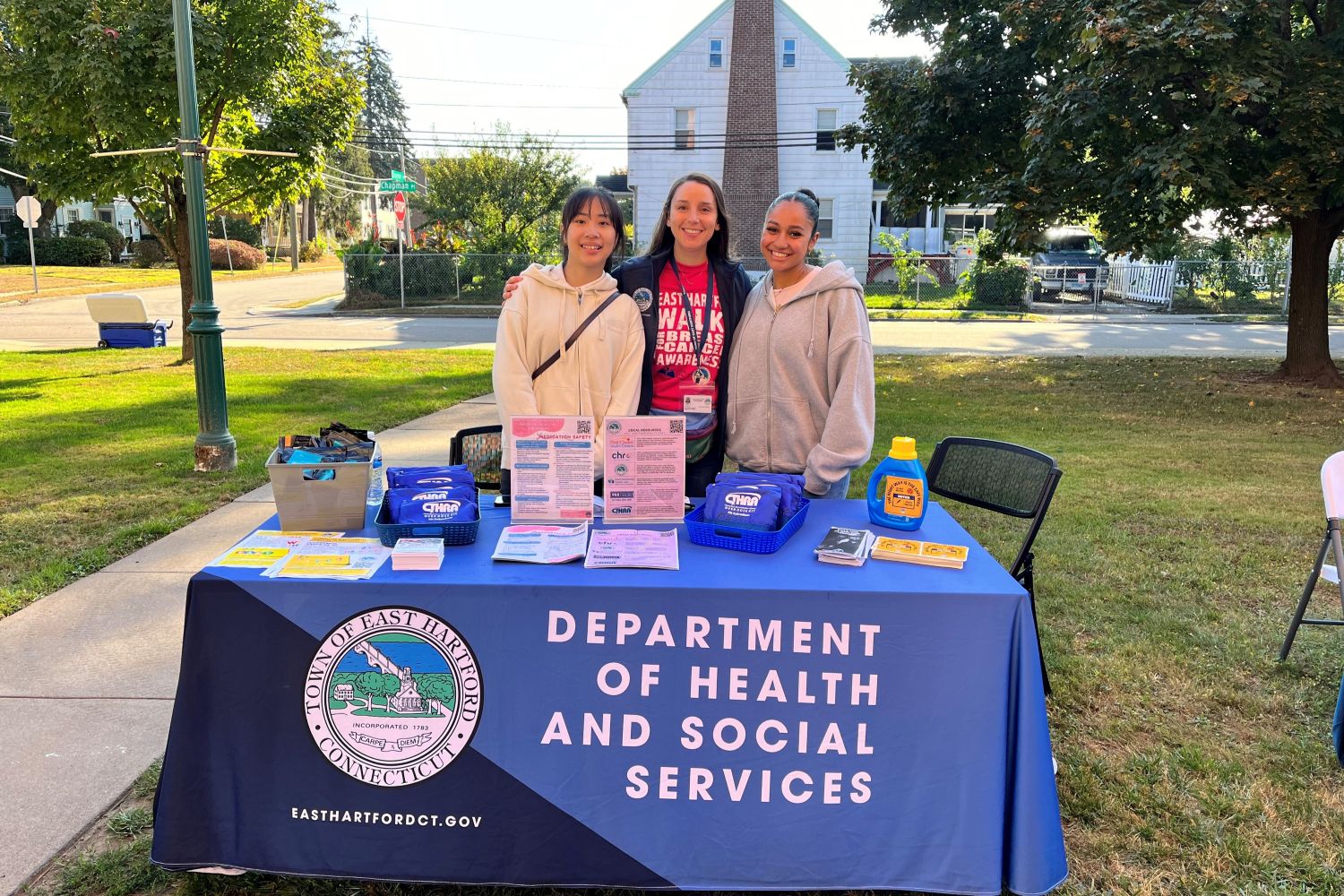Leaders from 30 colleges and universities as well as 13 agencies and foundations around the nation met this week in Connecticut for a symposium on the implications of mental health issues for college students’ success. Convened by President Susan Herbst, the President’s Symposium on Mental Health featured experts and service providers from UConn, Yale, Harvard, Penn State, the University of Washington, and the University of Chicago. Elizabeth J. Cracco, director of UConn’s Counseling and Mental Health Services, talked about the event.
Q: Why was this conference important?
A: The conference represents a significant acknowledgement on the part of our leadership, beginning with President Susan Herbst, of the importance of mental health issues on a college campus. This signals an important evolution in thinking, from mental health being only the purview of college and university counseling centers to the importance of a baseline level of awareness across the entire campus community.
Q: How has discussion about the mental health of college students changed over time?
A: As was highlighted by one of our speakers, approximately 10-15 years ago there was rightly a large emphasis, via mechanisms such as the Garrett Lee Smith Suicide Prevention funding, to identify and refer students at risk to services. In large part, those efforts have made a difference. Institutions have engaged in broad-based training in crisis identification and referral, and counseling centers have responded by developing robust crisis response and rapid access services. The challenge of this success, however, is that there is an unprecedented demand for services.
The conversation more recently has shifted to two important points. One is our shrinking capacity to provide actual treatment for the mental health conditions with which students present. In response, the models of care are being reexamined: Can we use technology to maximize impact while containing the allocation of resources? Can we looked at care models that consider the question of the appropriate level of intervention for specific levels of severity? The second point is to explore – in a more substantive way – primary prevention of mental illness.
Q: Are there new ways to help young people?
A: Dr. Marc Brackett at the Center for Emotional Intelligence at Yale, who was a keynote speaker at the symposium, has been looking at ways to teach students specific skills to regulate mood to a positive state. Most of this work has been done at the K-12 level, but we see significant lack of such skills even among our late adolescent population. So the conversation is turning toward bridging the work done with younger children into the college environment, so that students have a set of tools to use to navigate the inevitable emotional rigors of college life.
Q: How can families and schools work together to ensure students’ emotional resilience?
A: First, we begin with having conversations with parents, at orientation and before, about the concept of resilience and the continuum of distress that students may be experiencing. A pivotal concept in college student development is the balance of challenge and support. There are times when students DO need the assistance and support of a caregiver, and where “tough love” is not the ideal response. As well, there are times when challenge fosters growth, and students need to figure things out on their own. Talking about these concepts, and teaching students skills before they find themselves amidst the storm, is an important part of helping them navigate the challenges they may face.
Once they are at UConn, students need social support. This is a campus-wide effort. Whether it’s in the classroom, on the playing field, at the art studio, or in a club, how can we continue to create spaces where students have the opportunity to connect? Finally, it is critical to help students to build an emotional vocabulary, beginning at the earliest age possible. According to Dr. Brackett, our educational systems have traditionally focused on cognitive development over emotional development. That is beginning to change, and in so doing, we will likely see better understanding and competence in the emotional realm from both students and their families.
Q: What are we doing to respond to the needs of specific populations?
A: Our panel discussion on the mental health consequences of racism emphasized that there are significant additional stressors for students of color across the nation, and research to show that these students may be less likely to seek help from traditional counseling models. UConn’s Counseling and Mental Health Services currently has a research study underway with the University’s graduate program in Higher Education and Student Affairs to examine diverse students’ perceptions of mental health and perceived barriers to service. We want to bring forward innovative solutions and provide accessible care and growth-fostering environments for all of our students. That means not only providing services at Counseling and Mental Health Services, but also creating a campus climate that addresses and eliminates bias.
Q: What are the next steps in this discussion?
A: This conversation is ongoing. Counseling and Mental Health Services has been in conversation for a few years now with departments across campus about the role we each can play in creating not just a safety web for identifying students in crisis, but also in promoting a holistic, positive sense of mental well-being. This includes things like stress management, promoting positive connections, attending to healthy habits of sleep, exercise, and nutrition, etc. We will also be reaching out to researchers working in arenas of resilience work, to be a place of innovation for the application of these programs to the college population.
We continue to look at models of care that meet the shifting clinical needs of our students across the continuum of need from mild distress to severe mental illness. Innovative programs such as the UConn Recovery Community for UConn students recovering from addiction are in their infancy, but are being developed in line with a national movement to support students in recovery and bring the issue of addiction out of the shadows on college campuses. Finally, next steps also include other university presidents following the lead of our president in making this a priority issue on their campuses.



